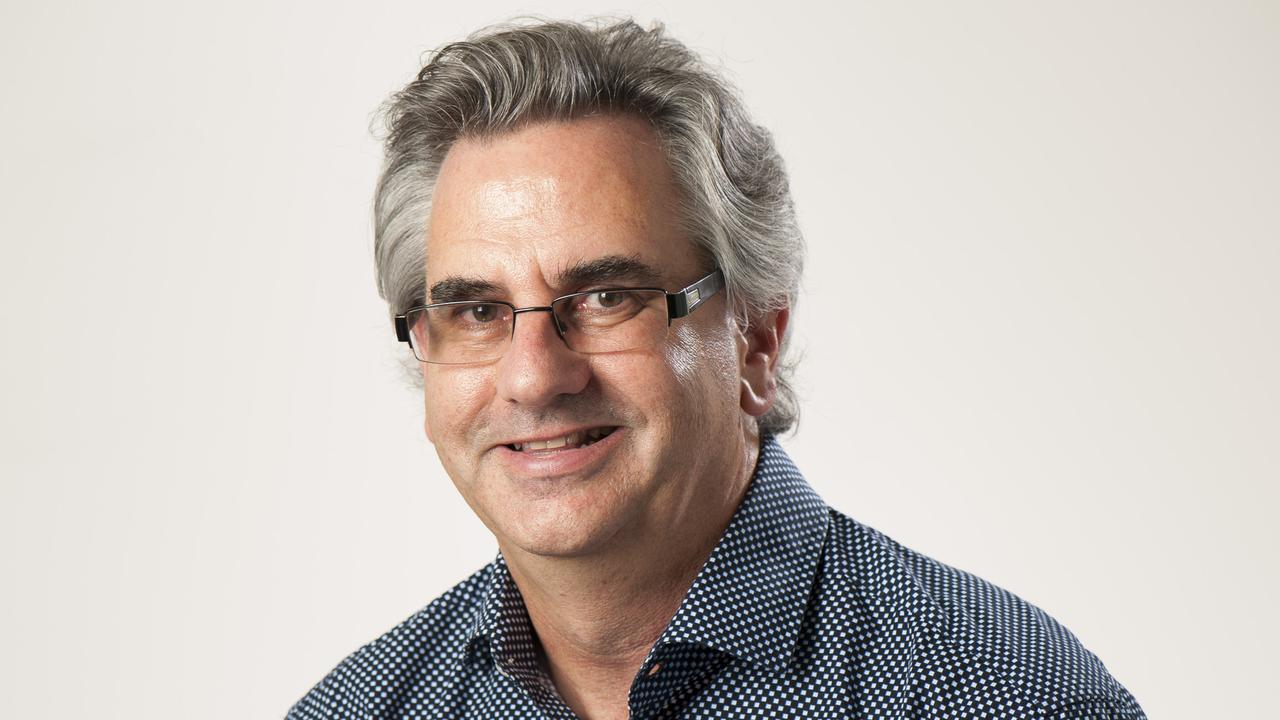The importance of teaching ethics in journalism
AS the phone hacking scandal shows, there is a need to instil a morality in the fourth estate.
THE disgraceful saga emanating from News International, the British arm of News Corporation (parent company of News Limited, publisher of The Australian), involving the hacking of telephone calls, will reverberate throughout the profession and, in turn, throughout journalism schools.
Whether other organisations in Britain, or indeed in other parts of the world, are involved in similarly deplorable activities in one sense doesn't matter. The moral high ground the fourth estate needs to hold politicians and public officials to account has been lost, at least temporarily.
This is a worrying outcome: a free and robust press ensures that we all can feel comfortable governments aren't themselves overstepping the line. But let's not lose our cynicism as politicians plan to ramp up regulation of the media on the back of recent events abroad. I, for one, hope journalism academics remind their students of that.
The concept of the fourth estate was first raised by Edmund Burke in the late 18th century when press reporting of the British House of Commons was approved for the first time. It refers to an unofficial institution of society, the news media.
Before the rise of the media, the activities of the other institutions were largely kept from public view.
For many years the path to a career in journalism involved scoring a cadetship and working your way up through the profession. This approach carried the advantage of teaching prospective front-line reporters and future editors the whole business, skills and experience you can't learn from books. Its disadvantage, however, can be that a single culture becomes the only way of thinking a journalist is exposed to.
For most that isn't a problem; journalists have naturally inquiring minds. For some, however, it can stifle their world view.
More recently, journalism courses have sprouted up throughout our universities. They have become as competitive to get into as law courses, with student demand outstripping not only the number of places but also the number of jobs in a profession commercially squeezed.
The rise in demand should be seen as a good thing; the calibre of students is high. The question is, are the degrees they are fighting to get into of similarly high quality? It won't surprise readers to hear that many journalists have a disdain for the value of journalism degrees: lacking in practical know-how, yet not value-adding in other ways to compensate. That doesn't stop journalism graduates getting jobs. New recruits have to come from somewhere now that the prevalence of cadetships has dwindled.
But it is high time the needs of the profession are met by the teaching and training within journalism degrees.
That means teaching more than just the theory of journalism, making content king. One thing not enough journalism graduates have brought to the profession recently is a strong knowledge of the fields they are expected to report on. With tight deadlines, broad and deep knowledge about fields being reported on is a sure way to stop corners being cut.
Loading up the training within journalism degrees with practical units designed to give students experience they otherwise might not have before stepping into newsrooms is another important goal. But the advantage of tertiary-educated journalists isn't simply the practical know-how they bring to a job. Courses should also include ethics and historical teaching about the profession. Creating a sense of history ingrains appropriate standards early.
Too often journalism degrees take a "tick and flick" approach to the study of ethics, instead of evaluating case studies with polemical frameworks. The News of the World saga reminds us how important pure ethics can be.
Peter van Onselen is a Winthrop professor at the University of Western Australia and its foundation professor of journalism.



